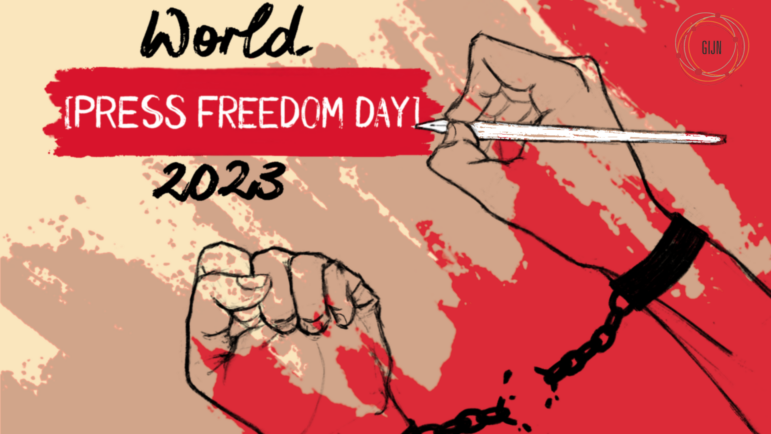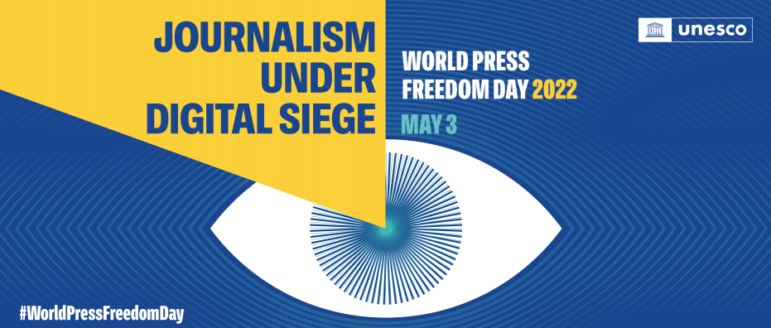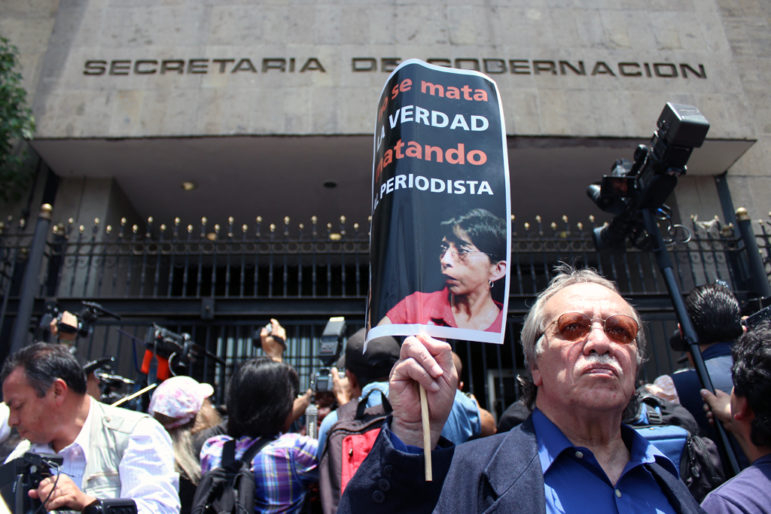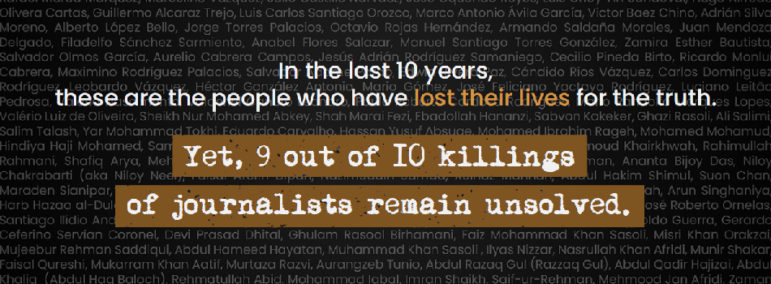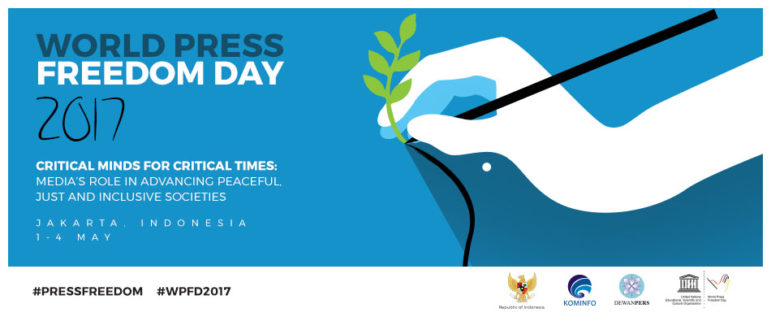

World Press Freedom Day: Critical Minds, Critical Times
 Every year on 3rd May, we celebrate the fundamental principles of press freedom, evaluate the state of press freedom worldwide, defend our colleagues from attacks on their independence, and pay tribute to journalists who have lost their lives in the line of their work.
Every year on 3rd May, we celebrate the fundamental principles of press freedom, evaluate the state of press freedom worldwide, defend our colleagues from attacks on their independence, and pay tribute to journalists who have lost their lives in the line of their work.
This year World Press Freedom Day‘s theme “Critical Minds for Critical Times: Media’s role in advancing peaceful, just and inclusive societies” drives home the need for everyone to sharpen their minds to defend the freedoms — free, independent, and pluralistic media — that are essential for justice and peace.
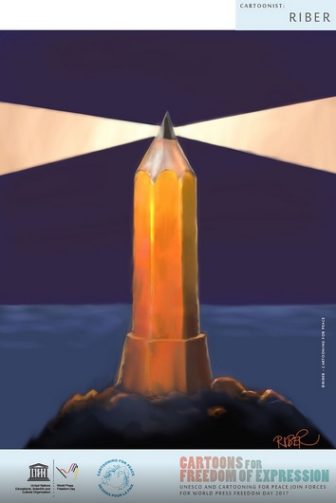 In an op-ed to commemorate the annual event, UNESCO Director-General Irina Bokova stressed that journalism plays a vital role for society, in bringing verifiable news and informed comment to the public. Today, however, news producers are facing the problem of fake news overshadowing in-depth and fact-checked news in a supersonic digital journalism era.
In an op-ed to commemorate the annual event, UNESCO Director-General Irina Bokova stressed that journalism plays a vital role for society, in bringing verifiable news and informed comment to the public. Today, however, news producers are facing the problem of fake news overshadowing in-depth and fact-checked news in a supersonic digital journalism era.
Where does the responsibility lie for ensuring that fact-based debate is not stifled? Whose duty is it to strengthen the media’s potential to foster a better future for all?
Bokova believes the answer is that we must all look to ourselves as agents of change – whether we are government actors, civil society members, business people, academics, or members of the media.
“Without audiences demanding well-researched and conflict-sensitive narratives, critical reporting will be increasingly side-lined,” Bokova states. “Every citizen has a direct stake in the quality of the information environment.”
What happens to journalists and to journalism is a symbol of how society respects the fundamental freedoms of expression and access to information. Society suffers whenever a journalist falls victim, whether to threats, harassment or murder. It affects us all when press freedom is curbed by censorship or political interference, or is contaminated by manipulation and made-up content.
“The stakes are clear.” Bokova states in her World Press Freedom Day message. “We need original, critical, and well-researched journalism, guided by high professional, ethical standards and a quality media education, combined with audiences that have the right media and information literacy skills.”
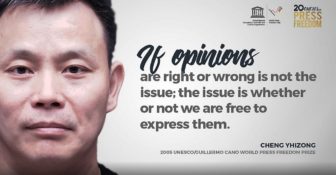 This year’s main event is held in Jakarta from May 1-4, 2017. This evening, Bokova will award the 2017 UNESCO/Guillermo Cano World Press Freedom Prize to Dawit Isaak, the imprisoned Eritrean-born journalist who will be represented by his daughter, Bethelem Isaak, during a ceremony that will be hosted by Joko Widodo, the President of Indonesia.
This year’s main event is held in Jakarta from May 1-4, 2017. This evening, Bokova will award the 2017 UNESCO/Guillermo Cano World Press Freedom Prize to Dawit Isaak, the imprisoned Eritrean-born journalist who will be represented by his daughter, Bethelem Isaak, during a ceremony that will be hosted by Joko Widodo, the President of Indonesia.
Tomorrow (4 May), will be dedicated to a second plenary session entitled Spotlight on Investigative Journalism: Perspectives from Southeast Asia and Beyond. It will be followed by six parallel sessions on subjects including the impact of fake news on journalism, journalists’ safety and internet universality.
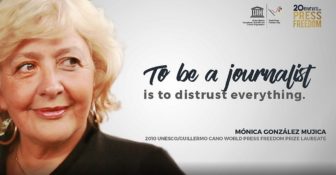 About 80 other Press Freedom events are being organized worldwide. Leading news organizations including Al Jazeera, El Pais, and Rappler will host dedicated blogs and feature special content for #WPFD2017.
About 80 other Press Freedom events are being organized worldwide. Leading news organizations including Al Jazeera, El Pais, and Rappler will host dedicated blogs and feature special content for #WPFD2017.
To mark World Press Freedom Day 2017, UNESCO and Cartooning for Peace, an international organization founded by Kofi Annan, the 2001 Nobel Peace Prize Laureate and former United Nations Secretary-General, and editorial cartoonist Plantu, have curated a selection of press cartoons that can be viewed here. You can also find a collection of press freedom quotes from past UNESCO/Guillermo Cano World Press Freedom Prize awardees here.





